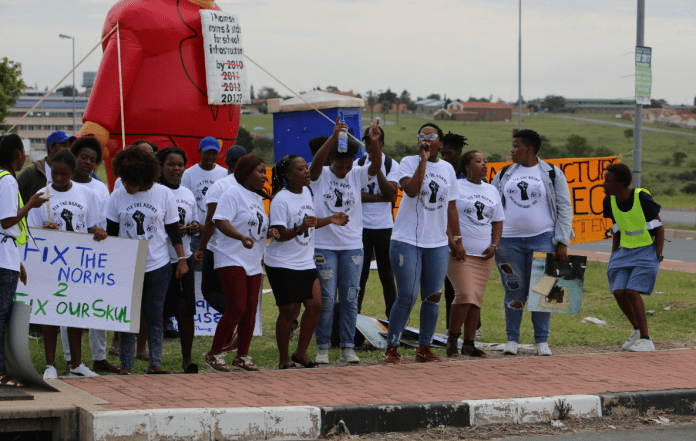Equal Education Law Centre in partnership with Equal Education (EE) has taken legal action against the Western Cape education MEC, Western Cape premier, Minister of Basic Education and Minister of Justice and Correctional Services.
This after a potentially dangerous clause was added to the Western Cape Provincial School Education Amendment Act of 2018 (the Amendment Act).
On Wednesday, the two organisations approached the Western Cape High Court to fight the amendment act. According to the proposed act, there will be two new types of schools – collaboration and donor-funded schools.
The amendment act has also made possible the establishment of intervention facilities for learners found guilty of serious misconduct.
Western Cape education department said the collaboration schools and donor-funded schools are a necessary and innovative way to get private funding into schools that are underperforming or are attended by learners from poor communities.
Equal Education researcher Stacey Jacobs said they are challenging the introduction of these institutions because the law governing them is vague, inconsistent with the constitution and in conflict with the South African Schools Act (Sasa).
She further said the donors and private entities are given full control of public schools in a way that undermines the principles of democratic governance and accountability.
“While EE is not opposed to testing innovative education models, we recognise that experimentation in education is a very sensitive undertaking. It involves the lives and futures of learners,” said Jacobs.
“In 2016, the EE first raised concerns around the matter when the proposed changes were published in the Western Cape Provincial School Education Amendment Bill.
“When the bill was considered by the Western Cape provincial parliament, we made written and oral submissions to the standing committee on education and continuously called on the Western Cape education department to abandon the draft legislation.”
Jacobs explained further: “The donor, who makes a donation to the school, is given voting rights on the SGB [school governing body]. The MEC may give a donor more than 50% up to 100% of the voting positions on an SGB.
“In these schools, private entities can essentially ‘buy’ decision-making power on school governing bodies regardless of their education expertise.
“We are arguing in court that collaboration and donor-funded schools are in conflict with Sasa, because a school operating partner does not form part of who can be on the SGB. Sasa is clear that parents must have the majority voting representation on the SGB.”
The EE said the provincial education department should focus on strengthening in-school interventions and the access that learners have to psychologists, counsellors and social workers, so that behavioural problems are identified and addressed early on.
For more education news from Sunday World, click here.
Follow @SundayWorldZA on Twitter @sundayworldza on Instagram, or like our Facebook Page, Sunday World, by clicking here for the latest breaking news in South Africa. To Subscribe to Sunday World, click here.



